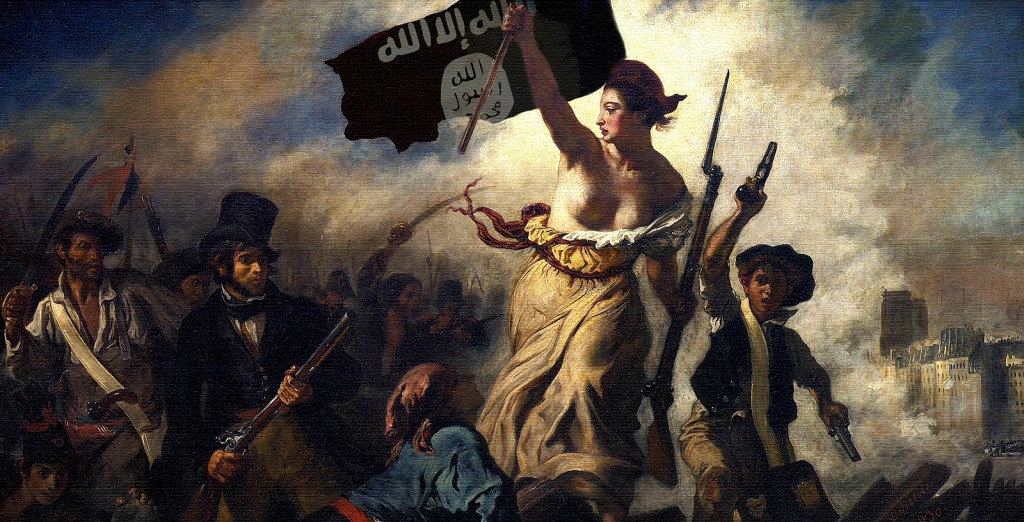Since a nationwide state of emergency was imposed after attacks in Paris on November 13, French police have had powers to search civilians’ homes, and even place people under house arrest—without a judge’s order or even warrants to do so. That new authority has just been extended for the next three months.
To the alarm of civil rights groups and privacy advocates worldwide, France’s parliament approved the extension of powers not seen in that country since 1955. Warrantless searches, house arrest with prevention of free association afterward, and blocking of websites considered to incite or advocate “acts of terrorism” are among powers given to police with this state of emergency.
“This is the fast response of a democracy faced with barbarism,” Prime Minister Emmanuel Valls told the parliament. “This is an effective legal response in the face of an ideology of chaos.” He added that these extensions of authority are “modern and effective tools to fight the terrorist threat.”
Though some say a greater sense of security makes loss of privacy a worthwhile trade off, and while the French government claims those powers are necessary, it’s increasingly questionable whether they will ever be revoked.
“Time and again we have seen emergency measures extended and codified until they become part and parcel of the ordinary law, chipping steadily away at ordinary rights,” said John Dalhuisen, Director for Europe and Central Asia for Amnesty International. “In the long run, the pernicious ideology underpinning the terror attacks can only be defeated by upholding the foundational values of the French republic.”
According to Amnesty International:
Only in a formally declared state of emergency can such extraordinary measures be permissible as they depart from the ordinary criminal law and curtail civil liberties and human rights. Emergency measures must be necessary and proportionate in scope and duration. Critically, they must be temporary, monitored, and employed judiciously, that is, only when absolutely required […] Problematic longer-term legislative changes proposed by President [François] Hollande include a review of the rules on the use of lethal force and extending France’s already sweeping surveillance powers. He has also proposed stripping citizens with dual nationality of their French citizenship, barring people from the country, and fast-tracking deportation of foreigners suspected of being a security threat. Opposition politicians have also called for powers to pre-emptively detain national security suspects.
Longer-term or permanent legislation of this kind presents the classic paradox of liberty versus security—and the people of France and their government will have to decide which ultimately best suits their needs.
“The emergency powers currently being rushed through parliament provide for a sweeping extension of executive powers at the expense of essential human rights safeguards,” Dalhuisen explained. “They must be used only when strictly necessary and should not become a permanent addition to France’s anti-terror arsenal.”
This article (How France Is Allowing Terrorism To Win) is free and open source. You have permission to republish this article under a Creative Commons license with attribution to Claire Bernish and theAntiMedia.org. Anti-Media Radio airs weeknights at 11pm Eastern/8pm Pacific. If you spot a typo, email edits@theantimedia.org.


wow